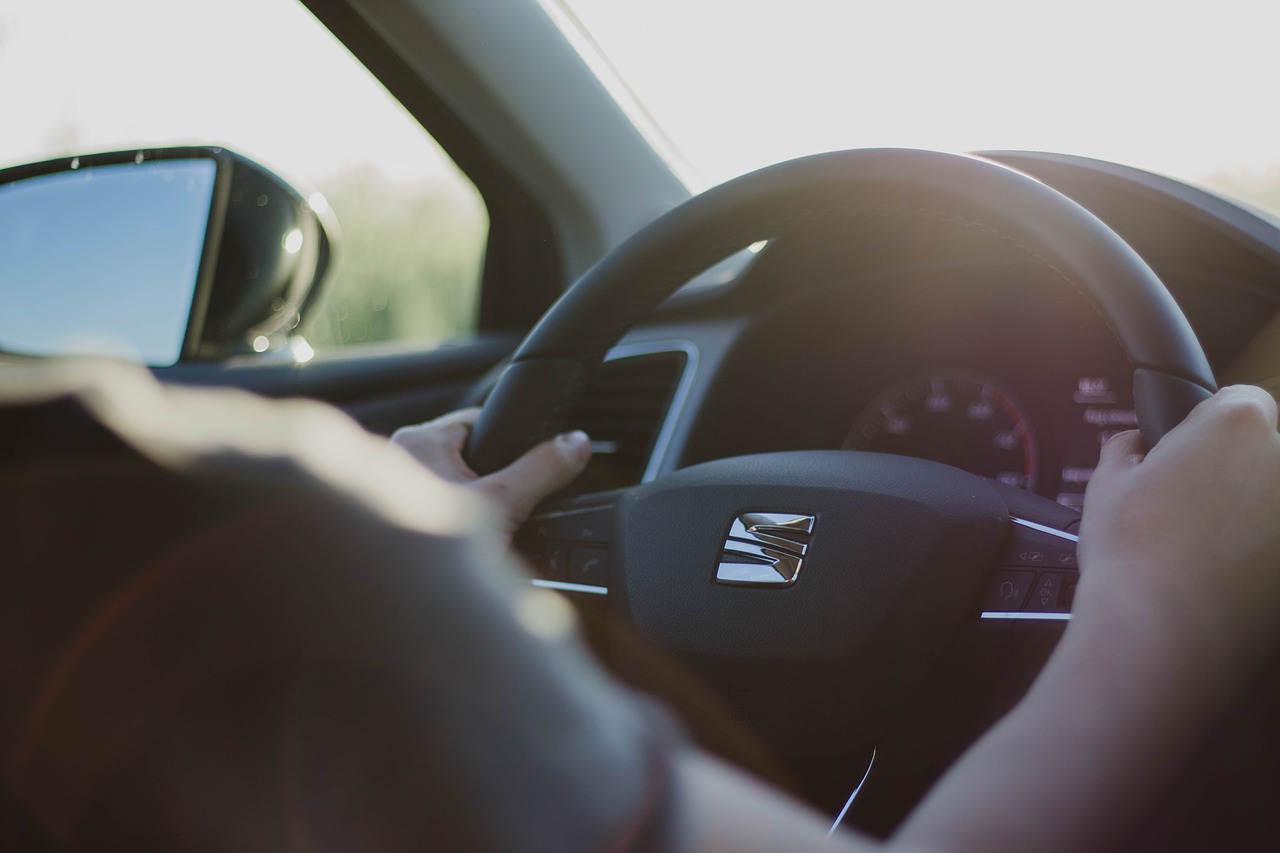We look at how long a driver could be banned after being charged with drink driving and how a solicitor can help you. It can be one of the most worrying times for you and after going through the trauma of being arrested, it’s difficult to understand what may come in the future. If you’ve received a court date or are looking at how to prepare yourself, the first thing you need to do is seek legal assistance from a solicitor with the right expertise. Solicitors on your side are dedicated motoring offence lawyers.
If a person is found to have in excess of either:
- 35 micrograms of alcohol per 100 millilitres of breath
- 80 milligrams of alcohol per 100 millilitres of blood
- 107 milligrams of alcohol per 100 millilitres of urine they are over the legal alcohol limit for drivers in the UK.
If a person is found guilty of drink driving they will fall into one of four bands, dependant on the level of alcohol present in the sample, which will determine the sentence received.
The Magistrates Guidelines state that anyone found guilty of drink driving must be disqualified for at least 12 months; this is elevated to 24 months if the person has had two or more disqualification periods, greater than 56 days in the previous three years, and a minimal 36 month disqualification if the person has a previous conviction in the last 10 years of an offence of the same nature (i.e., Drink/Drug Driving). The following magistrates guidelines give a good indication of what sentence should be administered.
Band one
The lowest sentencing band requires a person to have provided a breath sample of between 36-59ug, a blood sample of between 81-137mg or a urine sample of between 108-183mg. This band carries a driving disqualification of between 12-16 months or 36-40 months if this is the persons second offence in the last ten years. In addition to this, a person will procure a Band C – B fine; which is between 100 – 175% of relevant weekly income.
Band Two
To qualify for the next sentencing band a person will have provided a breath sample of between 60-89ug, a blood sample of between 138-206 mg or a urine sample of between 184 – 274mg. This band carries a driving disqualification of between 17-22 months or 36-46 months if a person has been convicted of second offence in the last ten years. In addition to this, a person will procure a Band C which is between 150 – 175% of relevant weekly income. This band also poses the risk of a Low Level Community Order/Community Service; which is generally around 40-80 hours of unpaid work.
Band Three
To fall within the next sentencing band a person a person will have provided a breath sample of between 90-119ug, a blood sample of between 207-275mg or a urine sample of between 275-366mg. This band carries a driving disqualification of between 23-28 months or 36-52 months if a person has been convicted of second offence in the last ten years. In addition to this, a person will be at risk of a Medium Level Community Order/Community Service; which is generally around 80-150 hours of unpaid work.
Band Four
The highest sentencing band requires a person to have provided a breath sample of between 120-150ug & above, a blood sample of between 276-345mg & above or a urine sample of between 367-459mg and above. This band carries a driving disqualification of between 29-36 months or 36-60 months if a person has been convicted of second offence in the last ten years. In addition to this, a person will be at risk of a High Level Community Order/Community Service; which is generally around 150-300 hours of unpaid work. Due to the severity of this offence and how vastly the legal limit has been surpassed; this band also carries a custodial sentence starting at 12 weeks custody.
…there are a number of aggravating factors which could worsen the sentence you receive.
It is important to be aware there are a number of aggravating factors which could worsen the sentence you receive. These include but are not limited to:
- If the person driving was involved in an accident
- If there were passengers present in the vehicle
- If the person driving was in a public place with a high level of traffic or if there were civilians in the vicinity
- If the person has previous convictions of an offence of the same nature
- If the person driving is an HGV, PSV or LGV driver
- If there are poor road or weather conditions
- If the offence was committed whilst the person was on licence
- If the person has failed to comply with current court orders
- If the offence was committed whilst on bail
If you have been charged with Drink Driving, a Solicitor can help to mitigate the disqualification/sentence you ultimately receive. You can find more information on this in our article ‘Can a Solicitor Help Reduce a Drink Driving Ban?‘ or by speaking to a member of our Motoring Team.
Contact our solicitors now!
Contact us now. Solicitors On Your Side can offer you free advice and a consultation.
Contact us today by phoning 0330 912 2124, emailing [email protected], or by using our website by filling out an online form.
If you would like to find out more about recent law changes and news, make sure to visit our Latest Articles page. Our latest articles also cover a range of other topics, such as; motoring offences, personal injury claims, medical negligence claims, occupier’s liability and more.
If you would like updates about our latest articles, follow us on Instagram, Facebook and Twitter.

